September 29 2023 - Strike, Epic, AI, Oh My!

👋Happy Friday friends. Well, the Strike is over, tech giants are facing legal scrutiny in the courts, we've got the potential media review of the decade, and AI continues to dominate everything. All that and more, let's get into it–
The WGA has ended its months-long strike after reaching a tentative agreement with studios, allowing writers to go back to work at 12:01 a.m. Wednesday, nearly 150-days after they walked off the job on May 2. The three-year deal includes a 12.5% pay increase, with 5% upon contract ratification, followed by 4% and 3.5% increases in the subsequent years. The agreement also secures a 76% increase in foreign streaming residuals, among other provisions. Notably, the deal establishes guidelines for the use of AI in MBA-covered productions, preventing AI from writing or rewriting literary material and ensuring writers are informed about AI-generated materials.

Amazon is investing up to $4 billion in the AI startup Anthropic, Known for their responsible approach to AI development, Anthropic will utilize Amazon's data centers, cloud platform, and AI chips. This deal reflects the industry's push to partner with startups to accelerate AI model and application development.
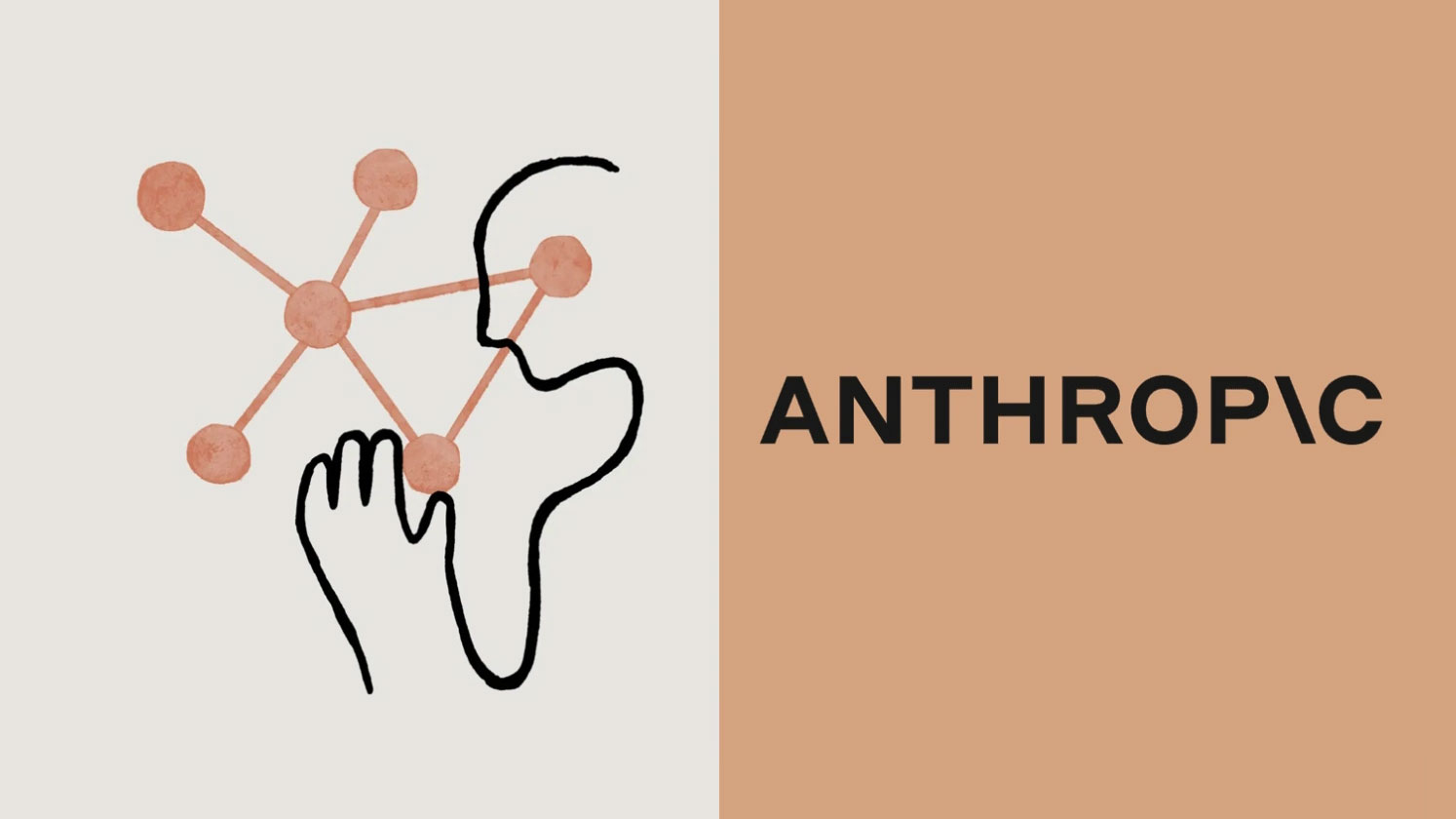
Jony Ive is reportedly in discussions with OpenAI to develop an AI device often referred to as the "iPhone of artificial intelligence." The project aims to create a device that offers a more natural and intuitive user experience for interacting with AI. It has received over $1 billion in funding from Softbank CEO Masayoshi Son, who also seeks to involve Arm, a chip design company in which Softbank holds a 90% stake.
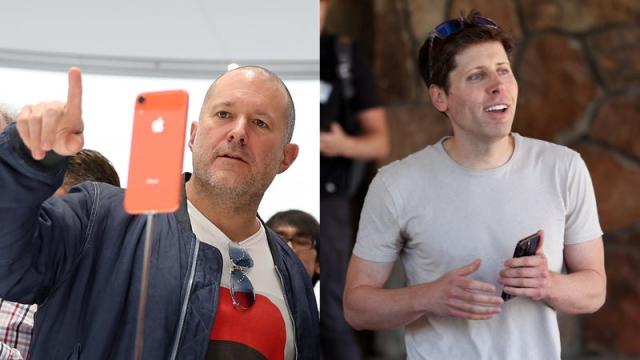
Epic Games, the company behind Fortnite, is cutting approximately 16% of its staff, which amounts to 870 employees. The CEO, Tim Sweeney, mentioned that the company had been spending more than it was earning and that layoffs were necessary to address this imbalance. Epic Games has seen growth primarily through its Fortnite Creator program, but this has lower profit margins compared to other revenue streams. These layoffs represent one of several workforce reductions across the gaming industry in recent months. The company also revealed plans to divest assets, including the sale of music site Bandcamp.
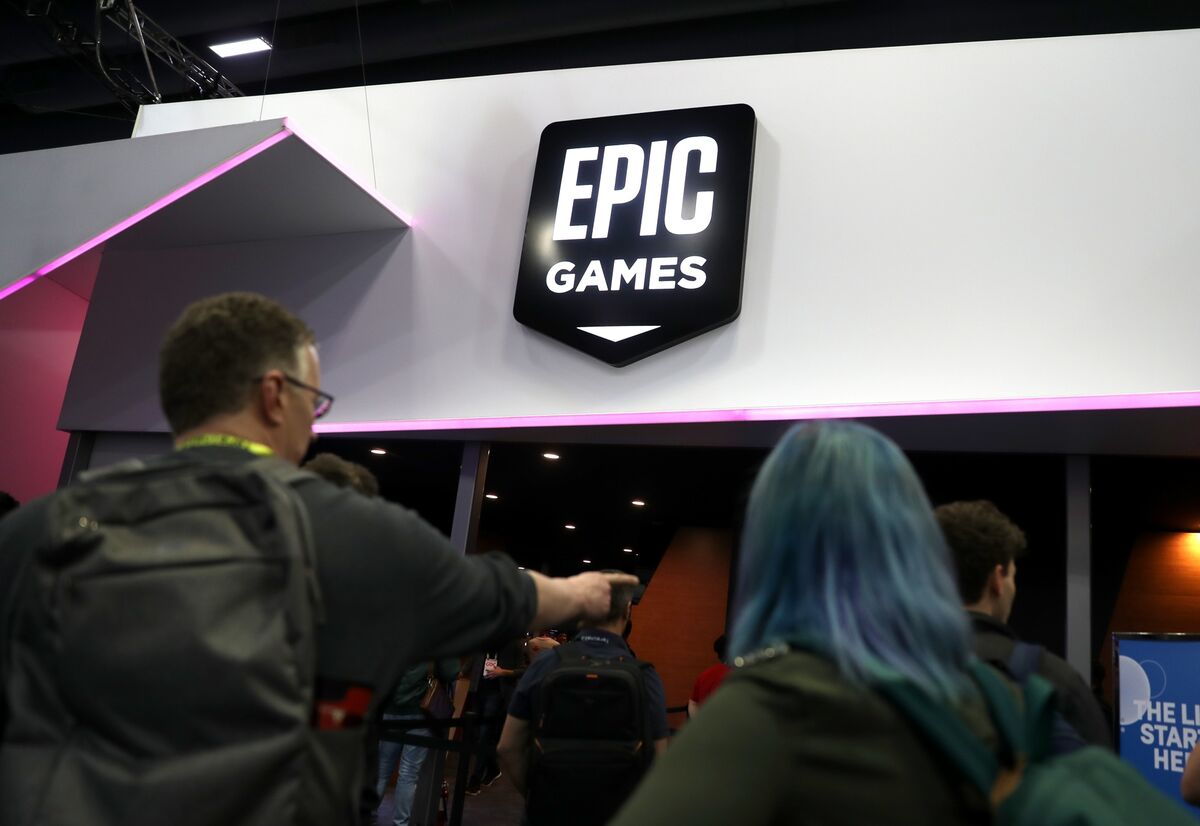
The FTC and 17 U.S. states have filed a lawsuit against Amazon, alleging that the company illegally maintains a monopoly in the online marketplace. The lawsuit claims that Amazon's practices result in artificially high prices, lock sellers into its platform, and harm its rivals. The FTC accuses Amazon of violating antitrust laws by using anti-discounting measures that punish merchants for offering lower prices elsewhere and compelling sellers to use its logistics service to appear in Amazon Prime. Amazon has responded, stating that the lawsuit is "wrong on the facts and the law" and that its practices have spurred competition and innovation in the retail industry.
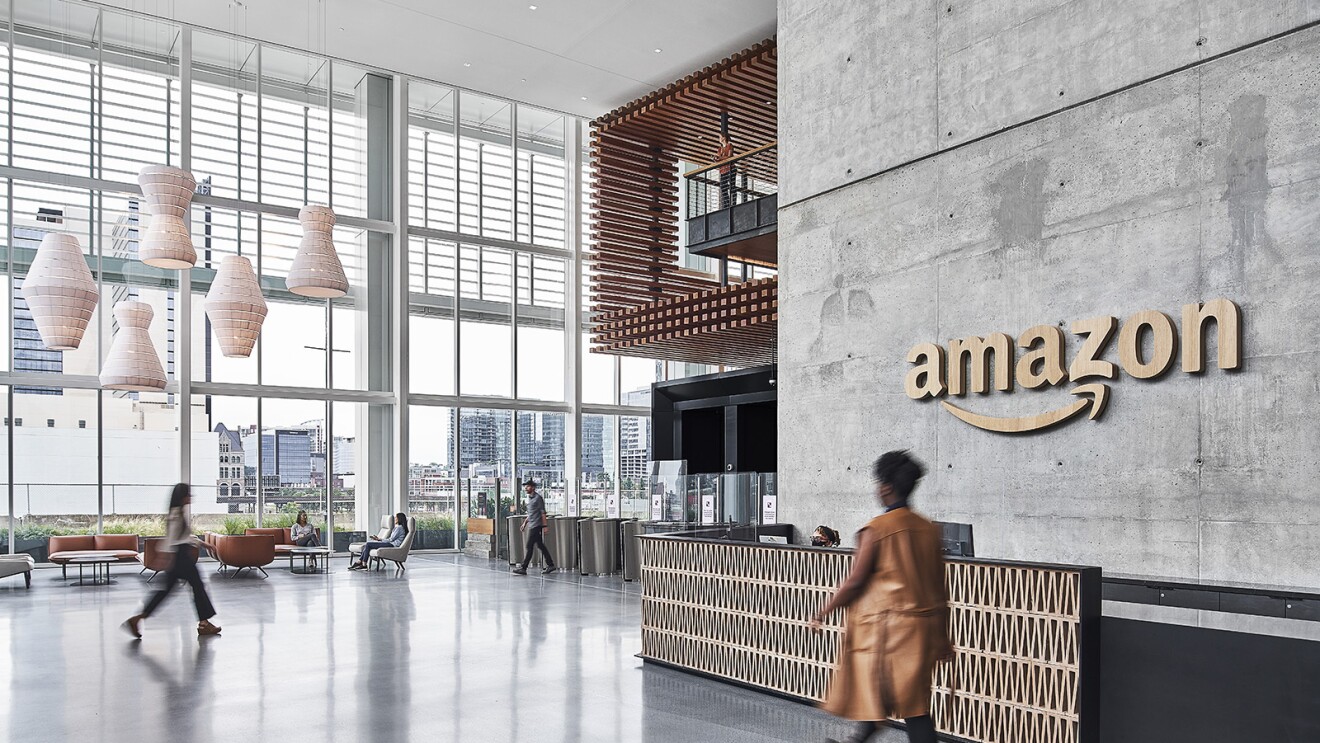
OpenAI is in discussions with investors for a share sale valuing the company between $80 billion to $90 billion, almost triple its valuation earlier this year. The company expects to reach $1 billion in revenue in 2023, with projections of generating even higher revenue in 2024. This potential valuation places OpenAI among the world's most highly valued startups, following SpaceX and ByteDance. The company is planning to allow employees to sell existing shares, and Microsoft, which owns 49% of OpenAI, stands to gain a significant paper profit from this transaction.

- Snap is closing down its AR Enterprise Service (ARES) division, which was launched in March 2023. ARES was designed to offer Snap's AR expertise to enterprise customers, including a Shopping Suite for brands to access AR try-on features and 3D product viewers. In an internal memo, Snap CEO Evan Spiegel cited the emergence of generative AI and the need to invest more in web tools as reasons for shutting down ARES. The closure will result in the elimination of 170 jobs at Snap, but some employees may be rehired for other roles.
- Netflix, Disney, Warner Bros. Discovery, and others, have joined forces to establish the Streaming Innovation Alliance (SIA), a trade group that aims to collectively address government regulations specific to the streaming industry. Notably, Apple, Amazon, Roku, and Tubi are not part of the SIA at this time.
- Spotify has launched a new social listening feature called "Spotify Jam," enabling up to 32 users to participate in real-time listening sessions together, create shared playlists, and receive music recommendations based on group members' preferences. This feature is available to both free and Premium Spotify users, but only Premium subscribers can initiate and invite others to a Jam session. Hosts can manage the session, the track order, and enable guest controls for other participants to modify the playlist.
:format(webp)/cdn.vox-cdn.com/uploads/chorus_asset/file/24953612/Spotify_Jam_FTR_Header_1_1440x733.jpg)
- UserTesting conducted a research study of 2,000 adult consumers to understand Americans' attitudes towards the use of AI in advertising. The findings revealed that many Americans have privacy concerns regarding AI, particularly in targeted advertising, but they are willing to share personal data if they receive something in return, such as discounts. The survey found that people were most comfortable sharing their birthdays (52%), followed by their spouse's name (43%), and 34% would share their Social Security number. However, only 24% would divulge medical conditions, even for a discount.
- American Express's Amex Offers program utilizes its unique position to gain insights directly from transactions, allowing them to understand card members' spending habits, travel patterns, and lifestyles. Because Amex can see both sides of a transaction, it’s able to collect insights about buying behavior directly from the source. “We know how our card members spend, how they travel, where they live – we know the choices they make as they conduct their life" said Erin Frankcombe, VP and GM of Amex Offers. Amex can measure the incremental impact of its offers, helping merchants target customers effectively.
- Microsoft is introducing "conversational ads" in Bing Chat, with the initial format being "compare and decide" ads. These ads provide product comparisons, including images, prices, and product details, to assist consumers in making informed decisions. Microsoft plans to open up conversational ads to third parties using its Ads for Chat API. The company has observed higher click-through rates and improved dwell time for its existing ads within Bing Chat compared to traditional search flow.

- Amazon, the largest ad spender in the U.S. and globally, is reviewing its media agency, with IPG's Initiative being the incumbent. The review is part of Amazon's routine process of assessing its business relationships with third-party vendors and partners. Initiative handles media buying, media planning, and media strategy for various aspects of Amazon's business. In 2022, Amazon increased its worldwide advertising and promotion spending by 22% to $20.6 billion. This development comes as Amazon introduces advertising to its Prime Video streaming platform, with media buyers expressing interest in the streaming inventory but noting the need for more consistent content promotion.
- Uber has awarded the majority of its global media business to Omnicom Media Group (OMG) following a review that began in June. OMG will handle Uber's media business in North America, Europe, the Middle East, Africa, and Latin America,. The business was previously managed by GroupM's Mediacom since 2020, and EssenceMediacom will retain Uber's Asia Pacific business. Uber spent $1.7 billion on global advertising in 2022, making this a significant account for OMG. This win follows OMG securing the media business for Beiersdorf in North America and other notable clients earlier this year.
- Spotify and Roku have partnered to introduce video ads to Spotify's app on Roku, expanding their existing collaboration. This move marks the first step towards the launch of Spotify's CTV (Connected TV) partner network. By integrating video ads into Spotify, this partnership provides brands with more ways to engage with Spotify's audience of over 500 million monthly active users. Roku serves as the launchpad for Spotify's video takeover ad experiences on CTV devices, with plans for more video ad products, including video podcast ads, in the future.

- Amazon has announced that it will start displaying advertisements on its Prime Video streaming service in the United States, Canada, Britain, and Germany starting early next year. According to a pitch deck sent to major advertising holding companies, Amazon expects Prime Video ads to reach 115 million people in the U.S. monthly. It will offer upfront reservations for ad inventory through "premium sponsorships," "guaranteed buys," and "preferred deals.".
- OpenAI has released an update to ChatGPT that enables the chatbot to engage in spoken conversations and respond to images. This new version can also analyze images and provide descriptions or answers related to the image's content.
- Lululemon is ending its hardware sales and discontinuing its Mirror digital-only subscription by the end of 2023. The company has signed a five-year deal with Peloton to provide content to existing Mirror users and develop co-branded apparel. Under the agreement, Lululemon will offer Peloton classes on its Mirror device and Lululemon Studio app, with subscribers gaining access to thousands of Peloton classes, videos, and series. Free-tier users will have a smaller selection of Peloton content. In addition, Peloton will sell co-branded Lululemon apparel from October 11th, and the two firms will host in-person community events. Peloton is also phasing out its hardware sales, focusing instead on subscriptions.
:format(webp)/cdn.vox-cdn.com/uploads/chorus_asset/file/24551185/236580_Lululemon_Mirror_AKrales_0200.jpg)
- The NLRB has allowed Walt Disney Animation Studios (WDAS) production workers to vote on unionizing with The Animation Guild, IATSE Local 839. Disney initially refused voluntary recognition, but the NLRB has now authorized a vote. Disney had attempted to exclude production managers and supervisors from the bargaining group, but the NLRB's latest ruling has put an end to that strategy, allowing all production workers to vote on unionizing. The vote is scheduled from October 10-31, with votes counted on November 1, unless WDAS voluntarily recognizes the entire unit and negotiates a new contract in good faith.
- Microsoft discussed the sale of its Bing search engine to Apple in 2020, potentially replacing Google as the default option on Apple devices. Executives from Microsoft held exploratory talks with Apple's services chief, Eddy Cue, but the discussions never advanced to an advanced stage. Apple ultimately stuck with Google as its default search engine. However, these talks have gained significance as the US Department of Justice is challenging Google's search dominance, and Apple's relationship with Google is central to the case.
- Meta has launched the Ray-Ban Meta Smart Glasses, designed to serve as both audio devices and cameras. They feature a personal audio system similar to Amazon's Echo Frames, and the glasses can capture 12-megapixel photos and 1080p videos, stored in a 32GB internal storage, and allow for livestreaming to Facebook or Instagram. Meta is positioning them as a creator tool. The glasses come in various colors and styles, with a battery life of four to six hours during active use, and the included case can provide eight additional charges.
:format(webp)/cdn.vox-cdn.com/uploads/chorus_asset/file/24951494/236805_Quest_3_and_Ray_Ban_meta_glasses_BFarsace_0004.jpg)
- Microsoft is exploring the use of next-generation nuclear reactors to power its data centers and AI operations. A job listing for a principal program manager outlines the company's ambition to develop a nuclear energy strategy and roll out plans for small modular reactors (SMRs).
- Tubi is introducing "Rabbit AI," a feature powered by ChatGPT that enhances content discovery by allowing users to ask for movie and show recommendations in a conversational manner. Users can search for content using natural language queries, such as "movies like Hidden Figures" or "horror movies about high school," and receive up to 20 relevant recommendations. Tubi aims to address the challenge of navigating its extensive content library with AI-powered search directly integrated into its platform. The feature also helps Tubi gather data on user preferences and viewing habits to improve recommendations and categorization, enhancing content discovery for viewers.
- Apple and Google are consolidating podcast listening on their flagship apps. Google is discontinuing Google Podcasts in favor of promoting YouTube Music as a podcast destination, while Apple is expanding its Apple Podcasts app to include third-party subscriptions from various apps, transforming it into an all-in-one audio content hub.
- Character.AI is reportedly in early discussions to raise hundreds of millions of dollars in funding, potentially valuing the company at over $5 billion, although early talks have also mentioned valuations as high as $10 billion. Character.AI has already raised $150 million earlier this year and has garnered significant interest from investors. The startup's technology allows users to create chatbots capable of engaging in text conversations with users.
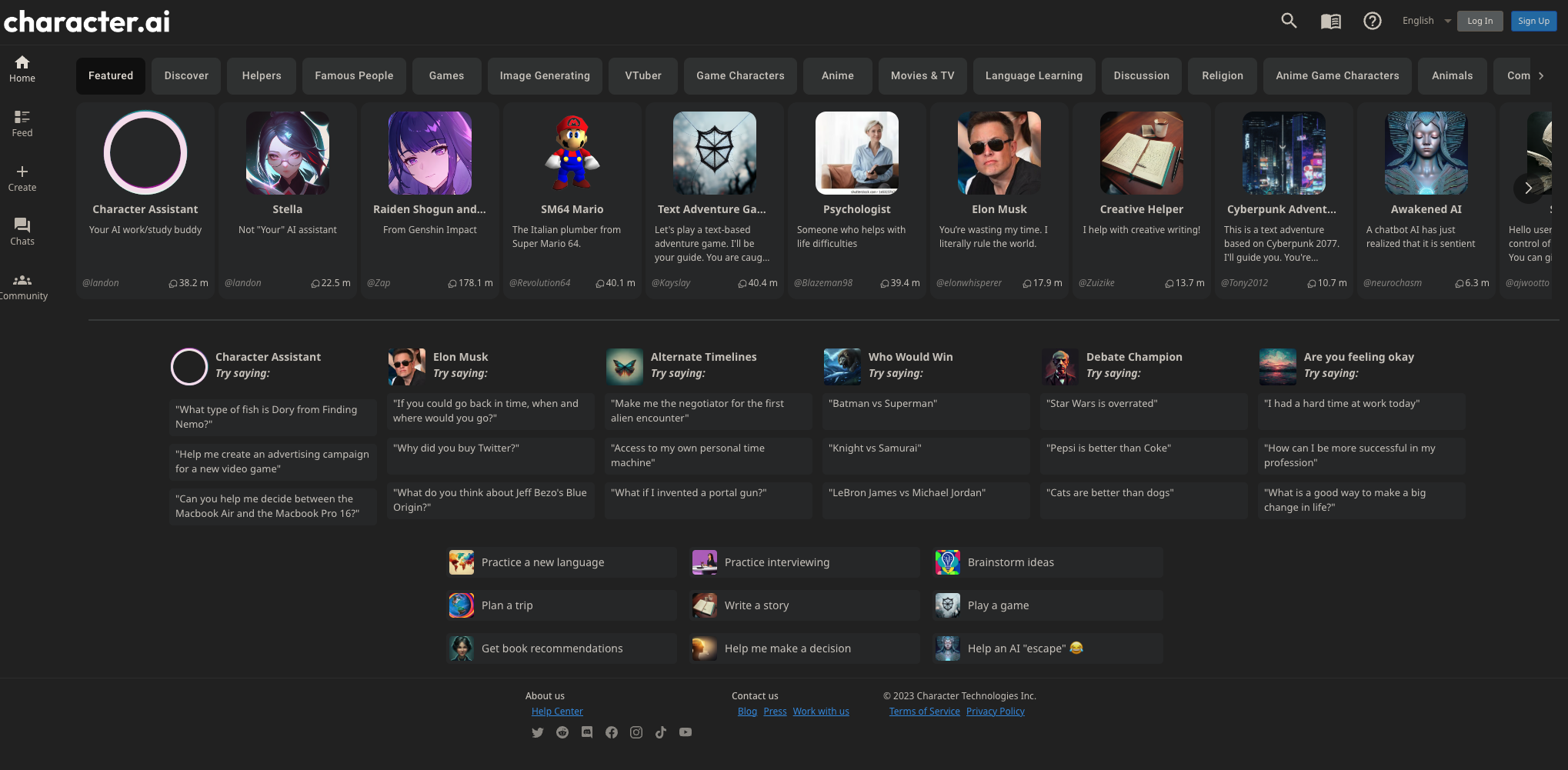
- Disney+ to Start Cracking Down on Password Sharing in November
- TV Networks’ Last Best Hope: Boomers
- Formula One’s surge is capturing the attention of marketers and publishers
- Writers Guild Deal With Studios Reflects Power of Unions
- Liquid Death, Babylist and TodayTix grow their in-house teams
- US OOH Advertising Continues 2023 Growth with 2.2% Increase in Q2
- Mekanism acquires hybrid design studio Zapiens
- WPP Opens the Doors to a New Campus in Paris
- Ray-Ban’s new Meta smart glasses will be able to translate text
- Sony’s PlayStation Chief to Retire Next Year
- US food industry: health conscious consumers are cereal killers
- Beware, A Reboot Of ‘The Office’ Is Reportedly Coming
- IBM Tries to Ease Customers’ Qualms About Using Generative A.I.
- French Animation Firm GO-N Productions Acquired By Federation Studios
- Gensler Redefines the Workplace With a Multi-Floor Vertical City
- Postmates animates your brain on certain foods using six unique visual styles
- Palantir Wins $250 Million AI Deal With US Defense Department
Love this rebrand for Monkey Baa Theatre Co. by Universal Favourite











As always, send us feedback at: thebrandtrackers@gmail.com
Member discussion